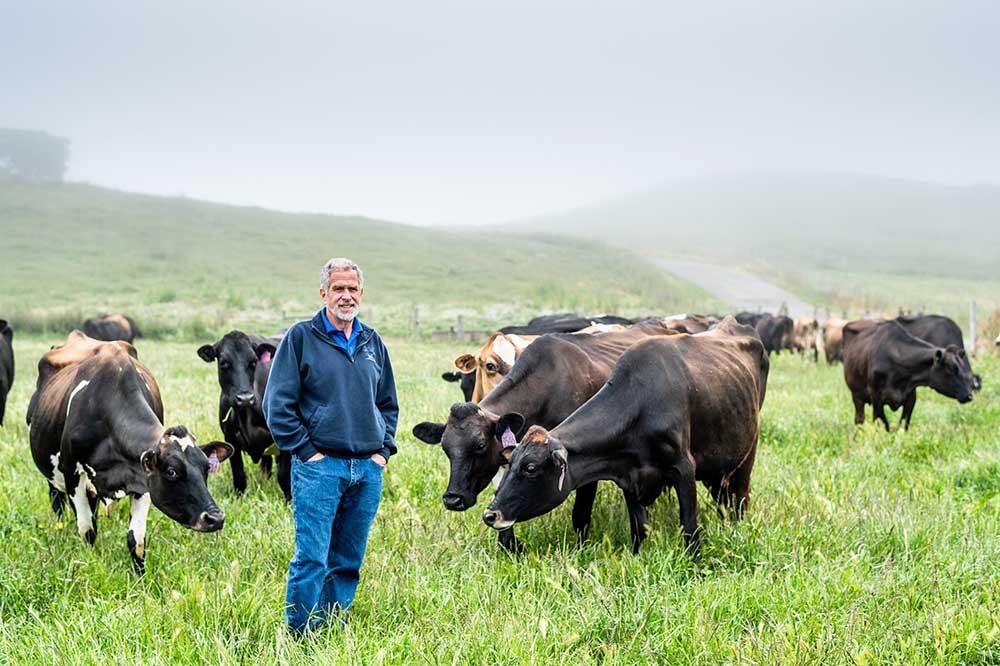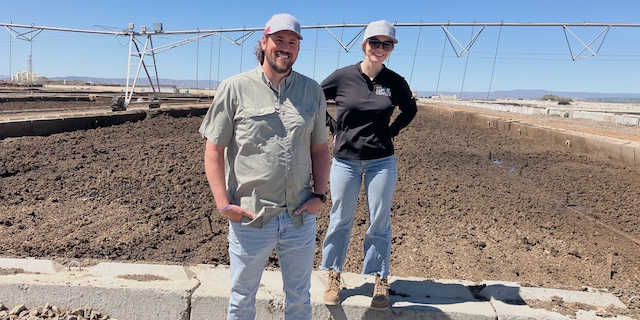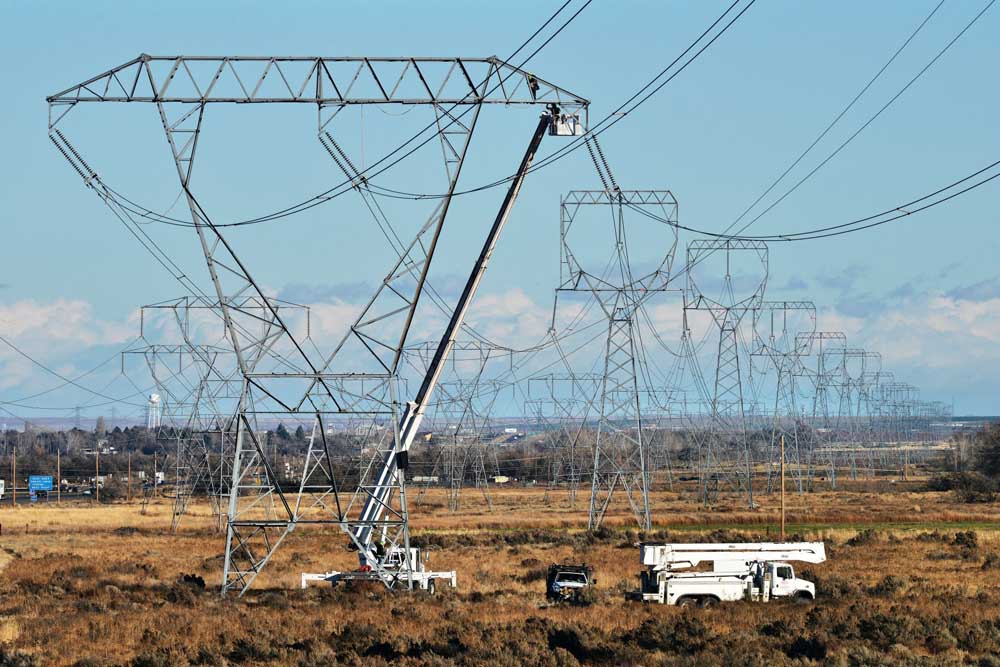Straus Dairy: Goal is to become carbon neutral this year
Published 3:30 am Thursday, June 1, 2023

- Albert Straus, owner and CEO of Straus Family Creamery in Marshall, Calif., says his goal is to create a sustainable organic farming system.
MARSHALL, Calif. — There are a lot of firsts in Albert Straus’ farming history.
Straus Dairy Farm was the first certified organic dairy farm west of the Mississippi River, and Straus Family Creamery was the first certified organic creamery in the United States.
That’s not all. He plans to take another giant step this year.
“I plan to reach my goal of implementing a carbon-neutral dairy farming model on Straus Dairy Farm in the latter part of 2023,” he said. “The farm will be the first dairy to use a specific red seaweed that reduces methane emissions in cow burps.”
By adding about one ounce of the seaweed to each cow’s daily ration, their enteric methane emissions will be reduced by 52% to as much as 90%, according the dairy’s website. He also has a digester that removes methane from manure.
The seaweed, produced by Blue Ocean Barns, has undergone extensive testing at the Straus farm and has been approved by the California Department of Food and Agriculture.
The dairy and the livestock industries have encountered a chorus of critics over greenhouse gases because cows and other animals produce methane.
The Straus family started farming in 1941 on the shores of Tomales Bay. Albert came back to the farm after graduating in dairy science from Cal Poly San Luis Obispo and became partners with his father, Bill Straus.
They tried to create a dairy farm that was profitable and at the same time protected the land and environment during a time when most of their neighbors were going out of business.
In 1977, there were 64 dairy farms in the area. Today, there are less than 20, and about 85% of them are certified organic.
Albert converted his family’s farm to organic in 1994. His farm was the first supplier to the family’s creamery. Now 12 independent family farms in Marin and Sonoma counties provide milk to the creamery.
There have been plenty of challenges in sourcing organic feed and treating cows organically while creating an economically viable farming model that supports the environment and the community.
On the Straus Dairy Farm, there are 270 milking cows. The other dairy farms that supply the dairy have an average herd size of 250 cows. Most are Jerseys and Jersey-Holstein cross breeds. The other farms will be carbon neutral by 2030.
All of the farms are in Marin and Sonoma counties, north of San Francisco. The location is known for its mild, coastal climate.
Straus Family Creamery has 140 employees, and Straus Dairy Farm has 5.
Straus Organic Cream-Top Milk is popular.
“Our milk is never ultra-pasteurized and minimally processed,” Albert said. “The organic milk is gently crafted with a high temperature short time (HTST) pasteurization method.”
This process destroys harmful bacteria while preserving the flavor of the milk — a sweet, fresh, well-rounded taste, he said.
The milk is not homogenized, so the cream floats to the top. No gums, thickeners, stabilizers, artificial ingredients or coloring agents are used. The milk is bottled in reusable glass bottles.
“My goal is to create a sustainable organic farming system that is good for the planet and the community while producing high-quality organic dairy products,” he said.
“Organic farming is the foundation of the carbon-neutral farming model and is crucial to helping change our farming and food systems around the world,” he said. “Our organic milk will have a climate-positive footprint and equal or lower climate impact (compared) to non-dairy, plant-based alternatives.”






